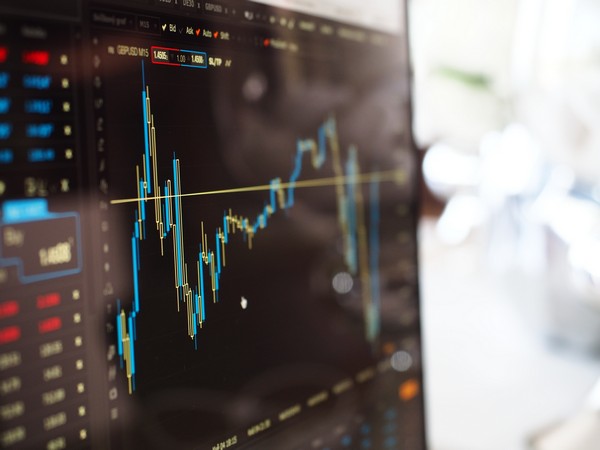Asian stocks lost early gains on Tuesday as relief that a possible default by the U.S. government had been averted gave way to concern that the deal to suspend its debt ceiling was a compromise that would have negative consequences.
The package still has to be approved by the Republican-controlled House of Representatives and Democratic-controlled Senate before the debt limit is reached, likely by next Monday.
"The U.S had a poor resolution to the debt ceiling negotiations with still a huge increase in government debt and no real cuts to spending, but (it) has relieved pressure for now," said James Rosenberg, an advisor at broker Ord Minnett in Sydney.
"There's still a huge disconnect between bond markets and equities. The bond market is implying there is an extreme 70% probability on a U.S. recession in the next year. These signals stand in stark contrast to the resilient equity market."
MSCI's broadest index of Asia-Pacific shares outside Japan (.MIAPJ0000PUS) was down 0.02% on Tuesday, after U.S. stocks were closed on Monday for the Memorial Day holiday. The index is down 1.3% so far this month.
Australian shares (.AXJO) were down 0.11% while the Nikkei stock index (.N225) rose 0.36%, after the Japanese benchmark hit a 33-year high on optimism over the U.S debt deal and a weaker yen, which helps the country's exporters.
Hong Kong's Hang Seng Index (.HSI) climbed 0.31% at the open but tumbled to be down 0.82% later in the session, extending its recent slide to a new low this year. China's CSI300 Index (.CSI300) was down 1.16%.
The Hang Seng lost 7.2% during May while the CSI300 is off 5.5% as a result of China's economy not recovering from its pandemic closures ending in January as fast as expected.
"Everyone is looking at the disappointment in the performance of China equities recently and that is now creating negative investor sentiment," said Jack Siu, Credit Suisse's greater China chief investment officer.
"Investors are now more muted towards the reopening story of China and are contemplating their positions."
In Asian trade, longer-dated U.S. Treasuries rallied on Tuesday as bond traders welcomed the deal to suspend Washington's borrowing limit until January 2025 in exchange for caps on spending and cuts in government programmes.
Despite an initial positive response, investors say markets are not out of the woods yet. Narrow margins in the House of Representatives and Senate mean moderates from both sides will have to support the bill for it to pass.
Benchmark 10-year yields dropped 6 basis points during Asian trade to 3.7616% while thirty-year yields fell 6.3 bps to 3.9134%.
With the debt deal heading to Congress for approval, JB Were analysts said there could be up to $600 billion worth of bill issuance in the next six to eight weeks.
The size of the Treasury issuance and the economic implications are now being considered, according to Invesco's Asia Pacific global strategist David Chao.
"The recent regional banking crisis in the US coupled with the Treasury issuances are likely to tighten liquidity conditions," Chao said.
"The announcement of a debt deal in the near term is a boost to market sentiment but it places pressure on growth due to the government spending cuts, the tighter liquidity conditions, but the flipside is the pressure on growth is doing the job for the Fed as it tries to cool the economy. It could place a dampening effect on inflation."
The pan-region Euro Stoxx 50 futures were up 0.14% , German DAX futures gained 0.09% while FTSE futures were down 0.08% at 7,631
The dollar dropped 0.03% on Tuesday against the yen to 140.4 , just below the year's high of 140.91 hit on Monday.
The euro was up 0.1% flat at $1.0702, having lost 2.89% in a month, while the dollar index , which tracks the greenback against a basket of currencies of other major trading partners, slipped to 104.41, just off a more than two-month high. It was also trading near a six-month peak against the Chinese yuan.
U.S. crude dipped 0.7% after to $72.17 a barrel after earlier trading up by 0.3%. Brent crude fell to $76.42 per barrel.











